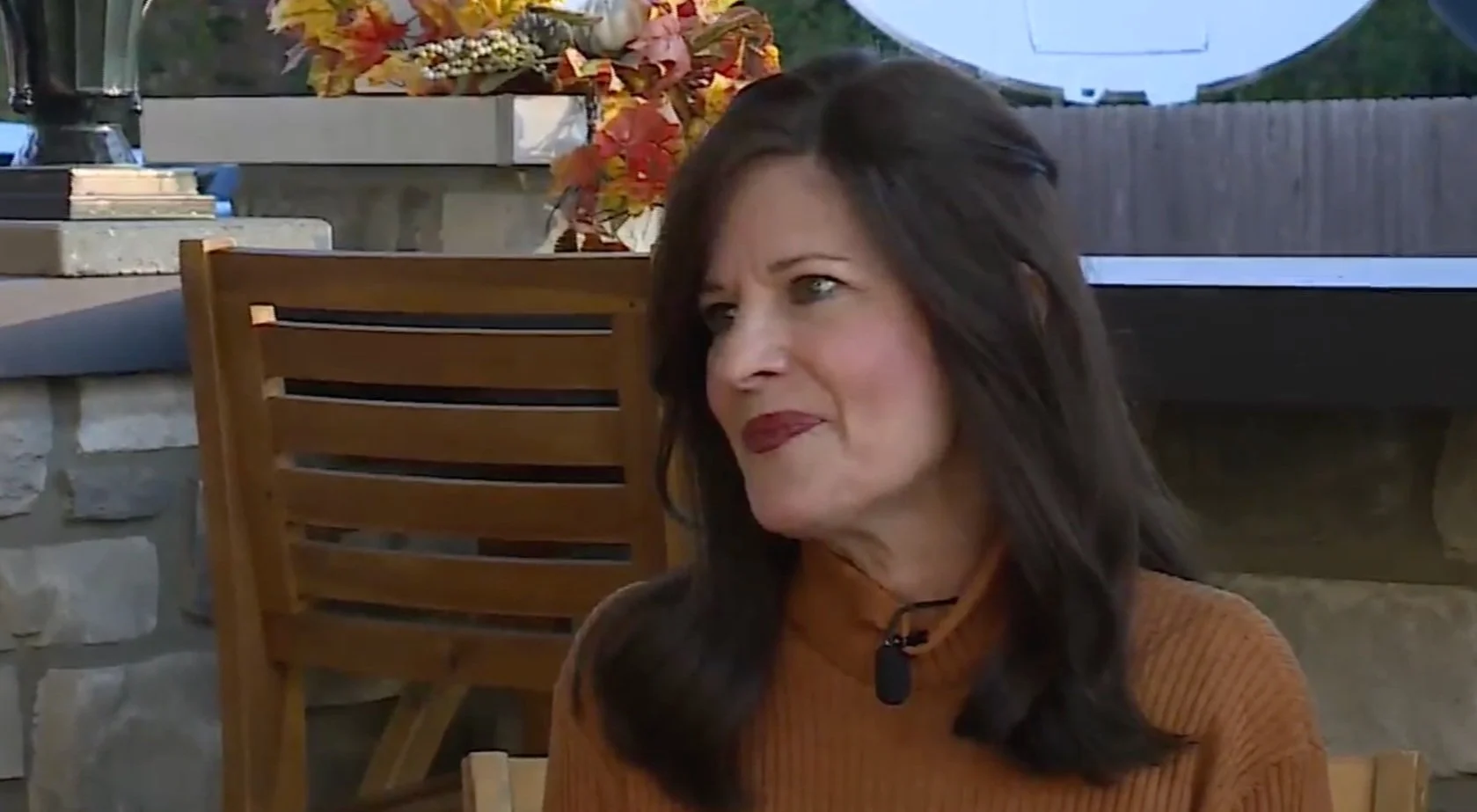My 93-year-old father invited me over to share an experience he had at the memorial of his dear friend, Charlie. His friend's son-in-law stood up to speak about Charlie at the service. With tears pouring down his face, the son-in-law confessed how they never once agreed on politics, in fact they were vastly different on just about every topic. But the bond of love between them ran so deeply that he considered Charlie not his father-in-law, but his father. This “son’s” grief was a marker of a relationship brimming with love and respect cutting across what could have developed into a nightmare of conflict and strife. I’m sure they sat across many Thanksgiving tables and holiday dinners, year after year after year, where a heaping scoop of friction could have landed between them. Like a favorite recipe handed down for generations, Charlie left a legacy of harmony and respect regardless of personal views.
In recent years, we seem to have a new controversial topic for each holiday season, as if family gatherings weren’t already tricky enough. This year, many families are struggling with how to navigate their different views and boundaries on vaccination. It’s even more complicated because it’s not just a view we might hold silently. The implication of whether one vaccinates or not might inform who will be invited to attend.
I've helped quite a few clients recently with how to approach their different views and parameters around vaccination, on both sides of the stick. The key is how to awaken kindness and respect amidst this sensitive subject, lest this or any issue could become a wedge in our core relationships that matter the most.
Here are some tips for keeping harmony even when you don’t see eye to eye on vaccination.
Separate the person from their choices. We are capable of loving a person unconditionally even when we don’t agree with their decision.
Listen with respect to the others' views. Be curious more than judgmental. Try to understand what being vaccinated or refraining means to the other.
Play the 10-10-10 game. Ask yourself, what are the consequences of how I approach my family member about this issue in 10 minutes, in 10 days and how about in 10 years? Decide to approach your loved one by considering how you might feel about this issue in your relationship from expanded timeframe. This can help you live in line with your deepest goals and values. (See Suzy Welch’s book, 10-10-10)
Set boundaries with kindness and compassion. An example: Let's say you decide that you need to tell a loved one that only those who are vaccinated can come for Thanksgiving. If they’re not vaccinated, rather than behaving coercively or judgmentally, share from your heart with respect and love for them that you will miss them if they choose not to vaccinate but that you respect their ability to make a decision that they feel is best for them and their family. If your boundaries are clear, make that apparent but you can do so with kindness. The same goes for those who decide not to vaccinate and who might feel judgmental of those who deem this a requirement.
Find creative ways to stay connected. Focus on being adaptive and accepting without blame regarding this challenging dilemma in your relationship. Try a mindset of being creative to make sure you stay connected. This could mean sharing recipes, even making them together on zoom. You could zoom during dinner or play a game across town or states.
Consider what legacy you want to leave. Keep in mind that you serve as an example for your children, for your parents, and for every life you touch. So if you have a disagreement with someone, it can help you to rise to be the kind of person you want to be, when you keep in mind the legacy you’d like to leave. Do you want your family to add to their story one of estrangement due to differing views? Or do you want to leave a legacy of love like Charlie, who transcended the controversial flavor of the day, and gained a true son. Forever.




